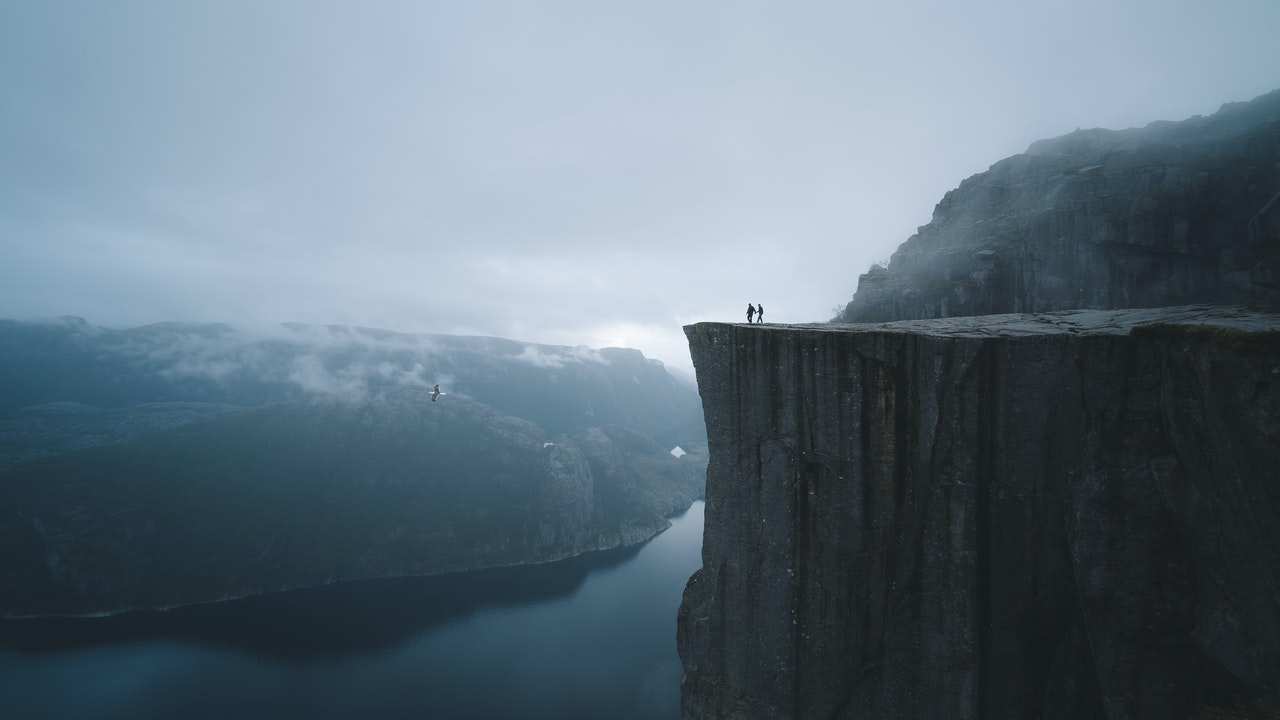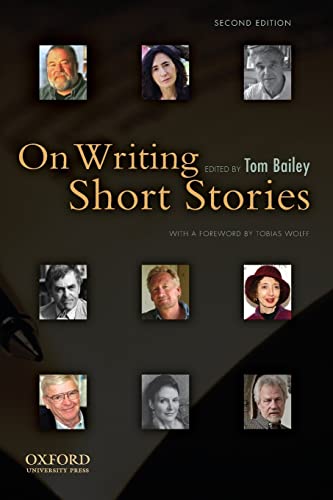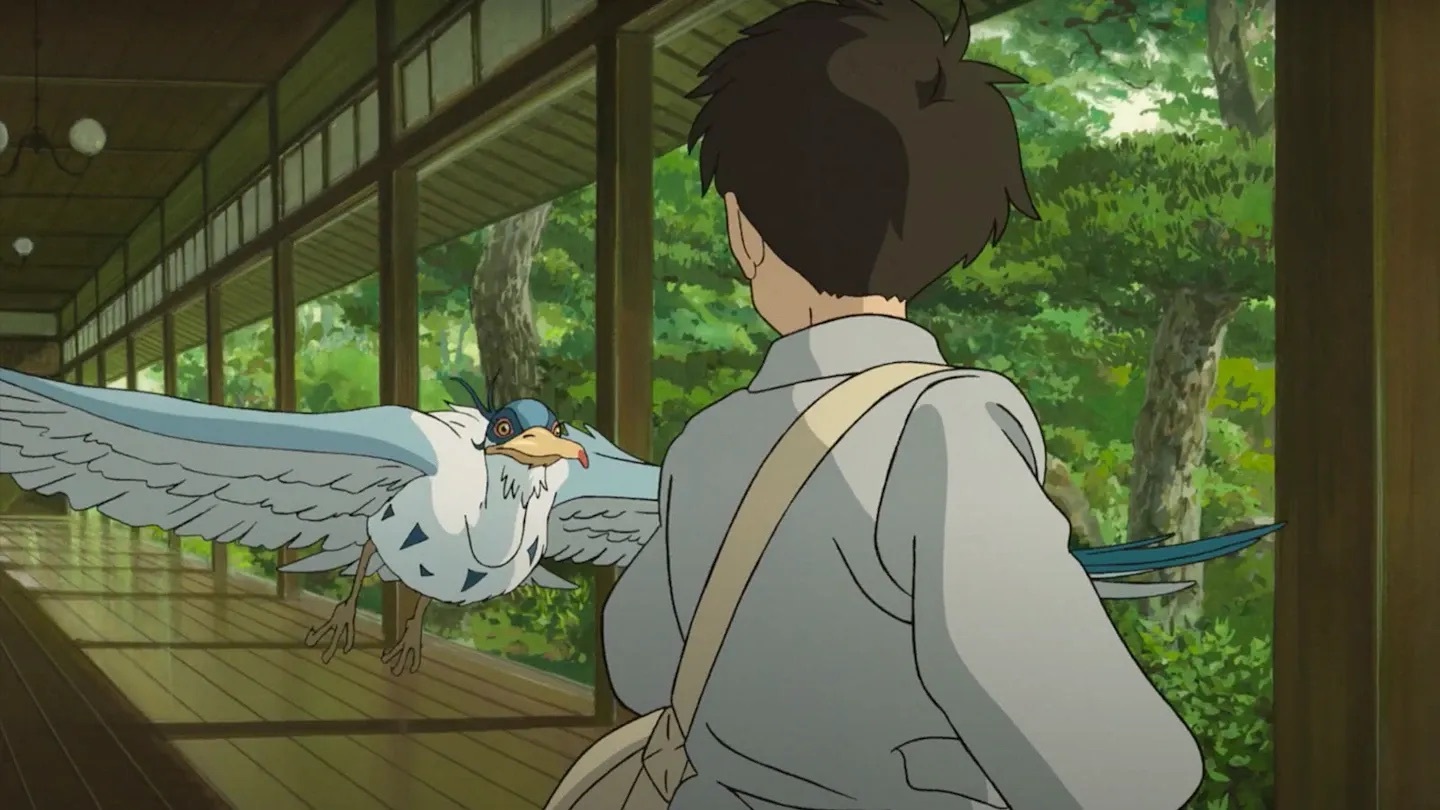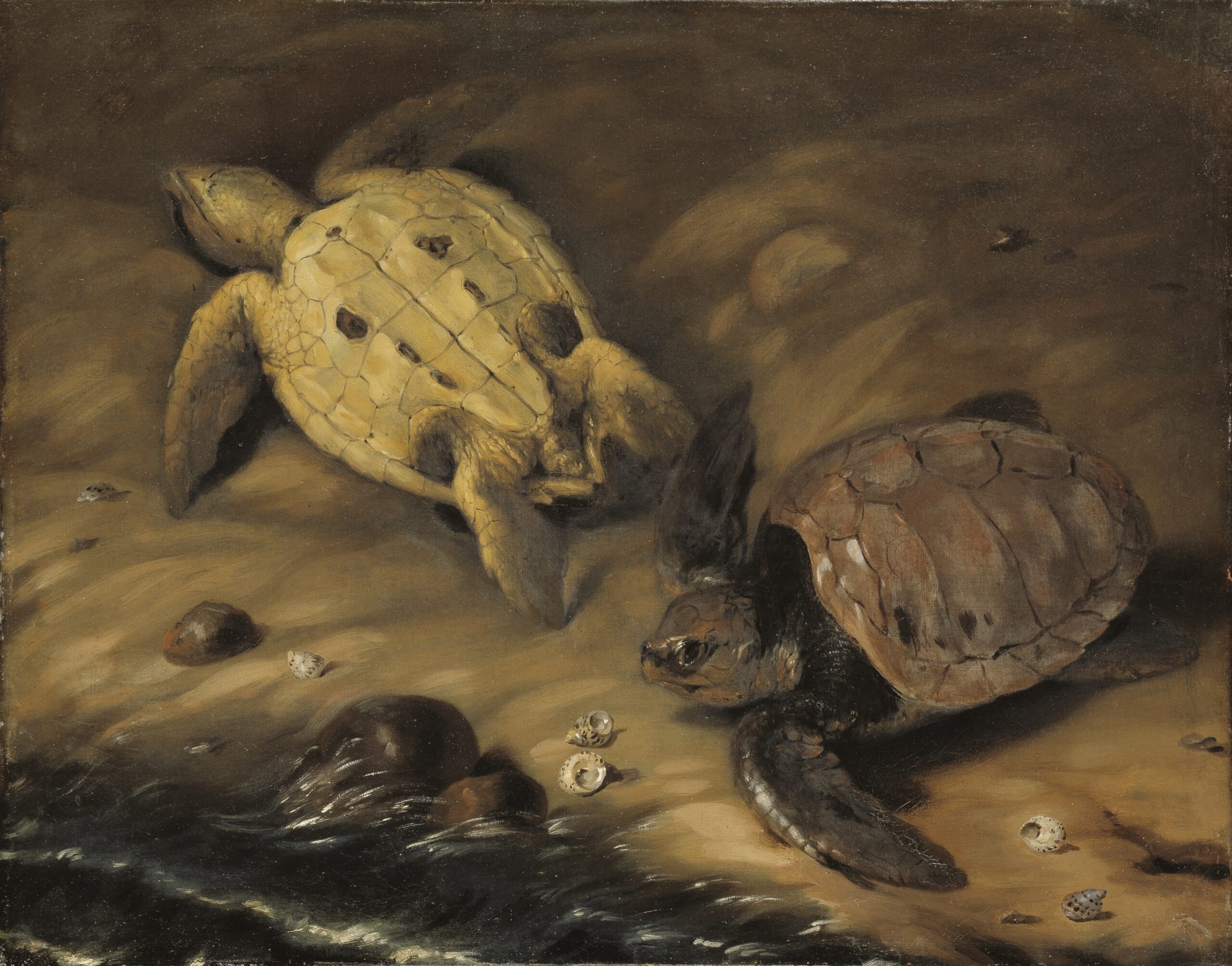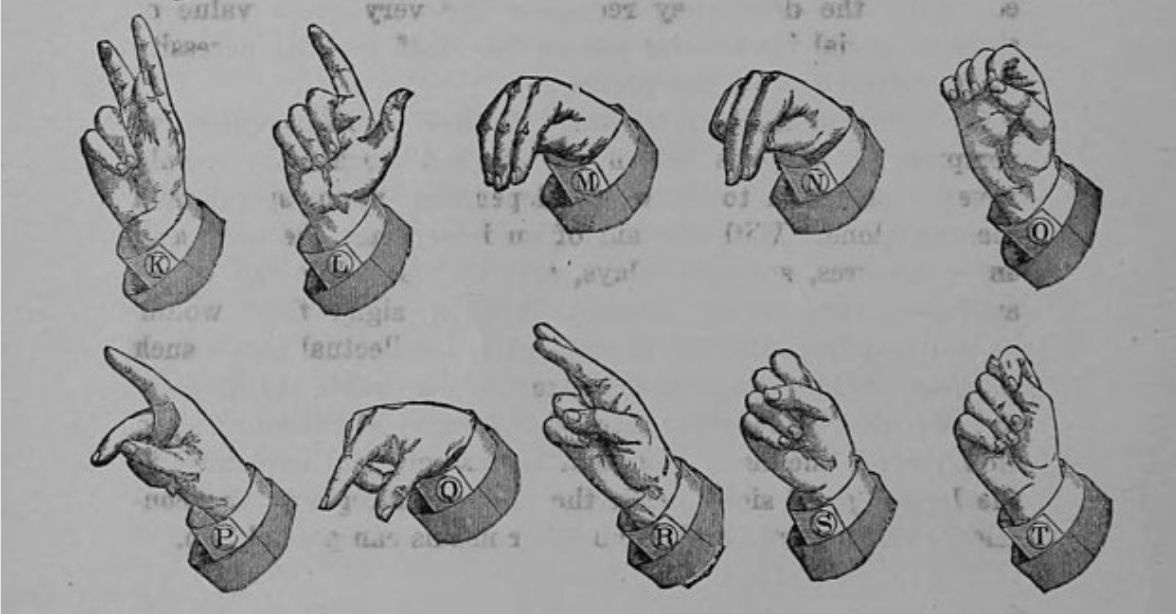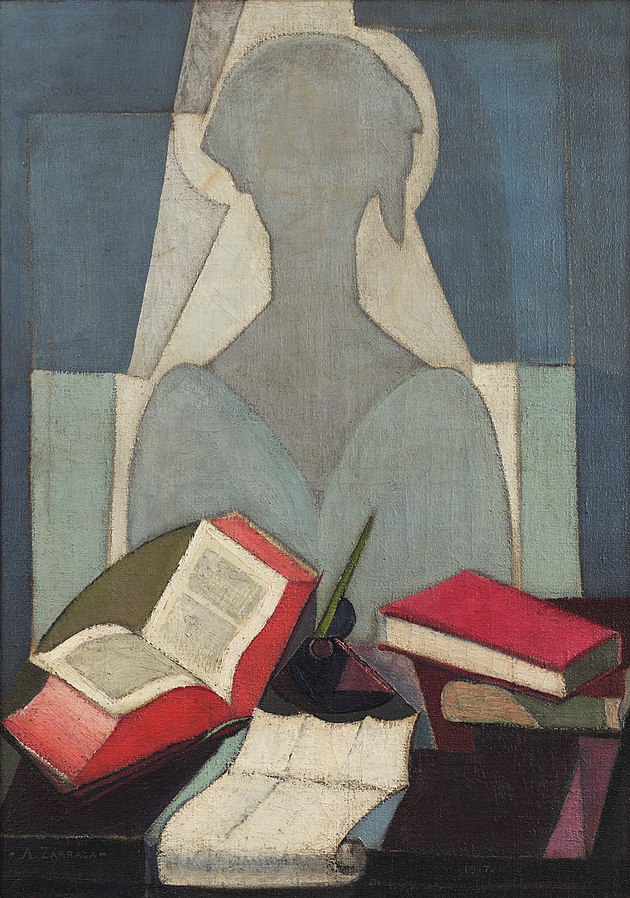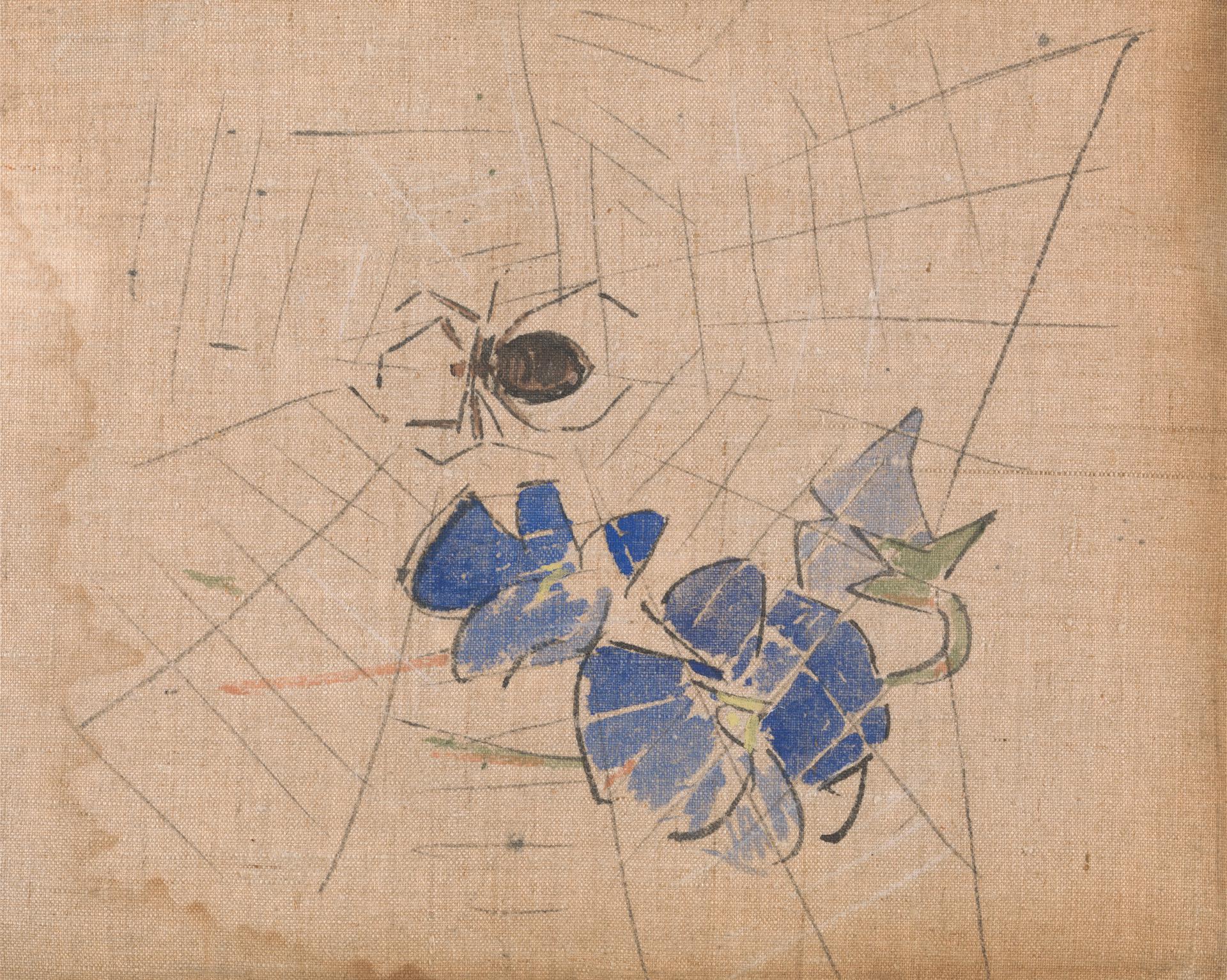Tobias Wolff said that before Andre Dubus became his friend, “he was one of my masters, in the unwitting way that writers sometimes serve as masters to others.” Wolff thought Dubus was the rare writer whose prose “was at the same time intensely compassionate and morally responsible,” and “became not only an admirer but a student of Dubus’s stories.”
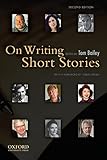 I also remain an admirer and student of Dubus’s fiction, from the haunting “A Father’s Story” (pdf) to the terse “Leslie in California,” but have recently been drawn to his essays. One piece in particular, “The Habit of Writing,” appeared in On Writing Short Stories, an anthology edited by my undergraduate mentor, Tom Bailey. The essay is otherwise difficult to find, but is the most refined presentation of Dubus’s fictional process.
I also remain an admirer and student of Dubus’s fiction, from the haunting “A Father’s Story” (pdf) to the terse “Leslie in California,” but have recently been drawn to his essays. One piece in particular, “The Habit of Writing,” appeared in On Writing Short Stories, an anthology edited by my undergraduate mentor, Tom Bailey. The essay is otherwise difficult to find, but is the most refined presentation of Dubus’s fictional process.
“I gestate: for months, often for years,” he begins. Like Gerard Manley Hopkins in “To R.B.,” Dubus likens ideas to a form of pregnancy, a self within the self. Stories “grow” inside him. Like children, stories are acts of love. Both are to be cared for, but sooner or later, must be released into the world to live of their own accord.
Dubus writes an idea in a notebook, and then leaves it alone: “I try never to think about where a story will go.” Planning is an act of control, and “I will kill the story by controlling it; I work to surrender.” Ever the Roman Catholic, Dubus first sees “characters’ souls.” Faces appear next, and that “is all I need, for most of my ideas are situations, and many of them are questions.” Only when Dubus sees the first two scenes is a story “ready for me to receive it.” Then he writes.
 It was not always that way. Dubus used to plan the plots of stories, but those stories were “dead long before I put the final period on the page.” He needed to complete multiple drafts for stories to “tell me what they were.” A novella, Adultery, “took seven drafts, four hundred typed pages…to get the final sixty pages,” a method that “seems foolish now.” Hours spent on discarded pages were replaced with gestation of idea.
It was not always that way. Dubus used to plan the plots of stories, but those stories were “dead long before I put the final period on the page.” He needed to complete multiple drafts for stories to “tell me what they were.” A novella, Adultery, “took seven drafts, four hundred typed pages…to get the final sixty pages,” a method that “seems foolish now.” Hours spent on discarded pages were replaced with gestation of idea.
Dubus changed his method while writing a story, “Anna.” The narrative was to be told from her point of view, but Dubus struggled to “become her.” He attempted a different approach:
“At my desk next morning I held my pen and hunched my shoulders and leaned my head down, physically trying to look more deeply into the page of the notebook. I did this for only a moment before writing, as a batter takes practice swings while he waits in the on-deck circle. In that moment I began what I call vertical writing, rather than horizontal. I had never before thought in these terms. But for years I had been writing horizontally, trying to move forward (those five pages); now I would try to move down, as deeply as I could.”
Horizontal writing is focused on amassing pages and words. When Dubus wrote horizontally, he wrote convinced that fiction was created through aggregation. Vertical writing, in contrast, values depth over breadth. Stories are written when they are ready to be written; they are not forced into existence by planning or excessive drafting. Horizontal writing seeks to move across the page; vertical writing seeks to dig into the page, to value the building of character and authenticity over the telegraphing of plot. The folly of horizontal writing is that it convinces writers that fiction writing operates on a production model. If they simply sit at the desk and pound out page after page, the story will come. That might be true, but Dubus argues that such forced work creates a lot of “false” fiction. Curiously enough, by seeking to undermine the stereotype that writing is the result of inspiration, writers have fallen for the other, no less romantic opposite: that writing is factory work, and daily devotion is rewarded with final drafts. Both approaches are magical thinking. Vertical writing is no less work, but it is better work, work at the right time. It requires patience in the willingness to wait for a story to feel ready to be written, as well as the attention and focus necessary to inhabit the story once gestated.
Dubus became Anna through her senses. Rather than forcing Anna to do something, Dubus followed her, and the story built so that after one, slow draft, it was finished. If Dubus had written “Anna” according to his old, horizontal method, the story would have taken many drafts. It would have taken time. But we don’t have much time. I don’t have much time. I have been a schoolteacher for the past decade. I drive an hour to work. Between 7:20 and 2:21, I teach literature and creative writing. I drive another hour home, where I am blessed to be a father and husband. We play in the basement, where my wife pantomimes elaborate scenes for our 19-month-old twin daughters. The girls climb on me and pat my beard and laugh. We read books, we eat dinner. Diapers are changed. Diaper ointment is applied. Cries evolve into laughs, which, lately, have trailed off into the refrain of “Old MacDonald.” My wife and I then put the girls to bed. Some bedtimes are miraculously smooth and silent, while other bedtimes are like plays by Eugène Ionesco.
At some point in the night, I sit at my desk, and do what Dubus suggested. I write vertically. I have never been a writer with a lot of time to write. I am thankful for that. I am not sure what would happen if I had hours to work. Not being able to write makes me want to write very badly. It makes me not want to squander the moments when I sit with a story. This is a necessary tension. I am not a writer first. I have a family, and without them I would have little reason to want to write — or to do anything else. My desire to create is held in silence during the day, so that my literary moments can be focused and absolute.
I no longer have time to plan stories, but I have the time — 24 hours each day — for them to gestate. Vertical writing has even changed how I teach. I used to have my advanced fiction courses — high school students — write 150 pages during the academic year. I now opt for fewer, shorter stories, and the result are pieces that feel organic rather than rushed. My earlier writers were no less talented, but they were a bit overworked. We tried to sprint a marathon. We burned out. They gained endurance, but there are other paths toward that end.
A vertical writing life is no easy life, but it is deeper, more worthwhile. I feel like I have more ownership over what I create. I am no longer concerned with numbers; no more spreadsheets of magazines that I hope to conquer as if publishing was a territorial battle. Writing is the slowest of games, the most methodical of the arts. Its parts are nearly infinite; its wholes cannot be tricked into existence.
I have a constant worry that I need to get things right in life. Not in the sense of a literary career, which I know to be subjective and ephemeral, but in a wider, Catholic sense. Andre Dubus had regrets. His life was not made great by his great fiction. I recognize that we are not made in the molds of our influences. We receive parts of them, and it is our responsibility to follow or filter the rest.
Vertical writing is not easy. My stumbles continue. I have moments of frustration. I take blessings for granted. But I have long since traded ambition for slower concerns. It is very possible, very easy, to be owned by our goals. To be owned by our next book. To be owned by the feeling that we are competing with a world that outmatches us. Vertical writing — vertical living — has convinced me otherwise. It has reminded me why I began to write as a child: the joy of discovery, the surprise of creation, the power of imagination. When I used to write horizontally, I filled boxes with chicken-scratched, multiple drafts. I was concerned with speed and number, acceptances and rejections. Now I am concerned with depth and discovery, and the result is that I live with stories in a deeper way. They are more than tattooed on my skin; they have seeped inside my blood and into my soul. My fingers spend less time holding a pencil or hitting keys, but my stories have left the desk and driven my life.
Image Credit: Flickr/Valdemaras D.
